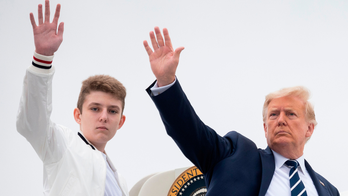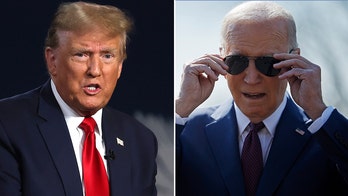The Supreme Court has decided for the second time this year to consider a case involving firefighters who raised the issue of race in protesting how their test scores were weighed.
The latest case, this one out of Chicago, might not generate as much controversy as the high-profile court challenge out of New Haven, Conn., considered earlier in the year.
In that case, white firefighters challenged the decision of the city to set aside promotion test results because not enough minority firefighters scored well. The Supreme Court ruled against the city in June -- the case drew added attention because it overturned a lower-court ruling of Sonia Sotomayor shortly before she was confirmed as the next Supreme Court justice.
The Chicago case involves a hiring test in which the applicants' results were divided among three categories of candidates. Only those scoring in the "well qualified" range were hired.
A group of black applicants whose score put them in the "qualified" category sued saying the test results had a disparate impact unfavorable to blacks.
Unlike the New Haven case, which centered on the application of the test results and concerns over civil rights violations, the legal issue in the Chicago case has a much more narrow statutory focus -- this time, over the amount of time the black firefighters had to file their lawsuit.
A 300-day window is allowed to file claims with the Equal Employment Opportunity Commission. Lower courts have been divided on whether the black firefighters met this criterion. This issue has also confounded courts across the country in similar cases in which they have been unable to reach a consensus on how to apply this statute.
The high court's decision to take the case presumes the justices will answer that question. A ruling isn't expected until next year.




